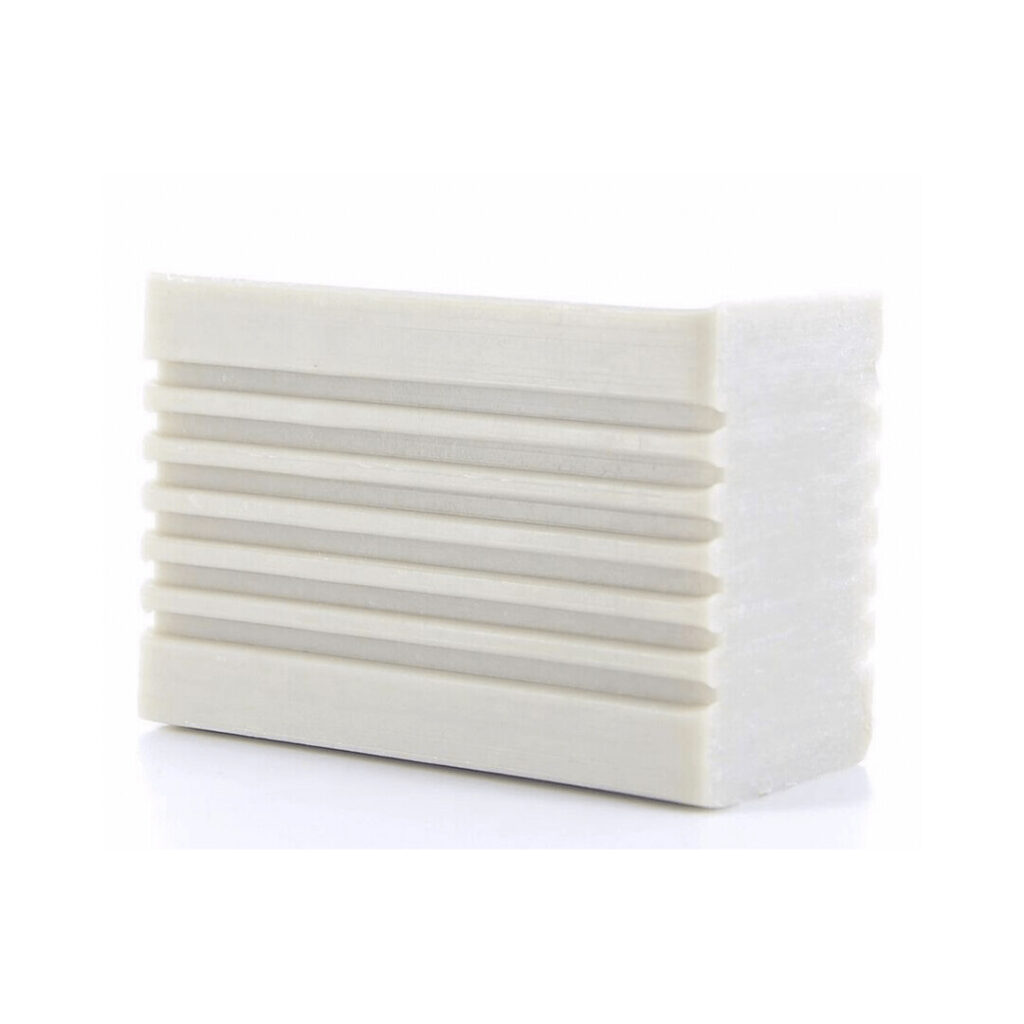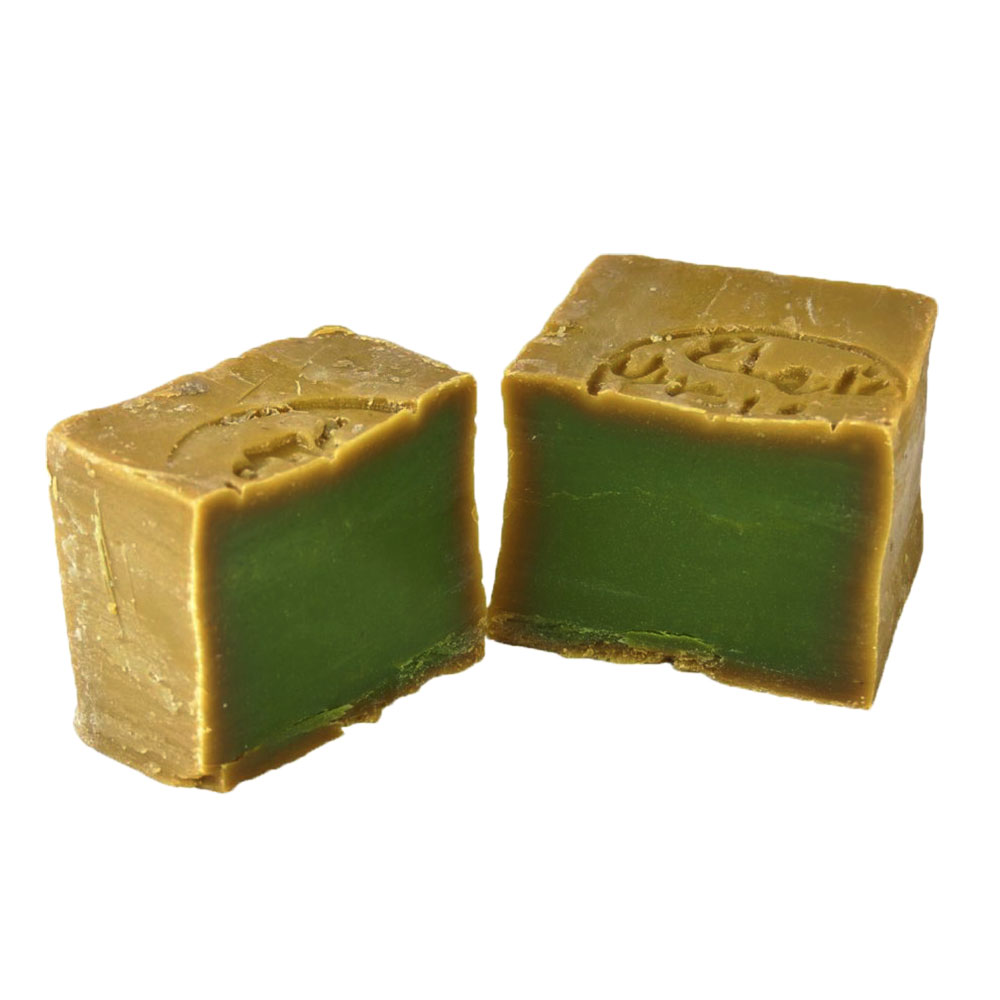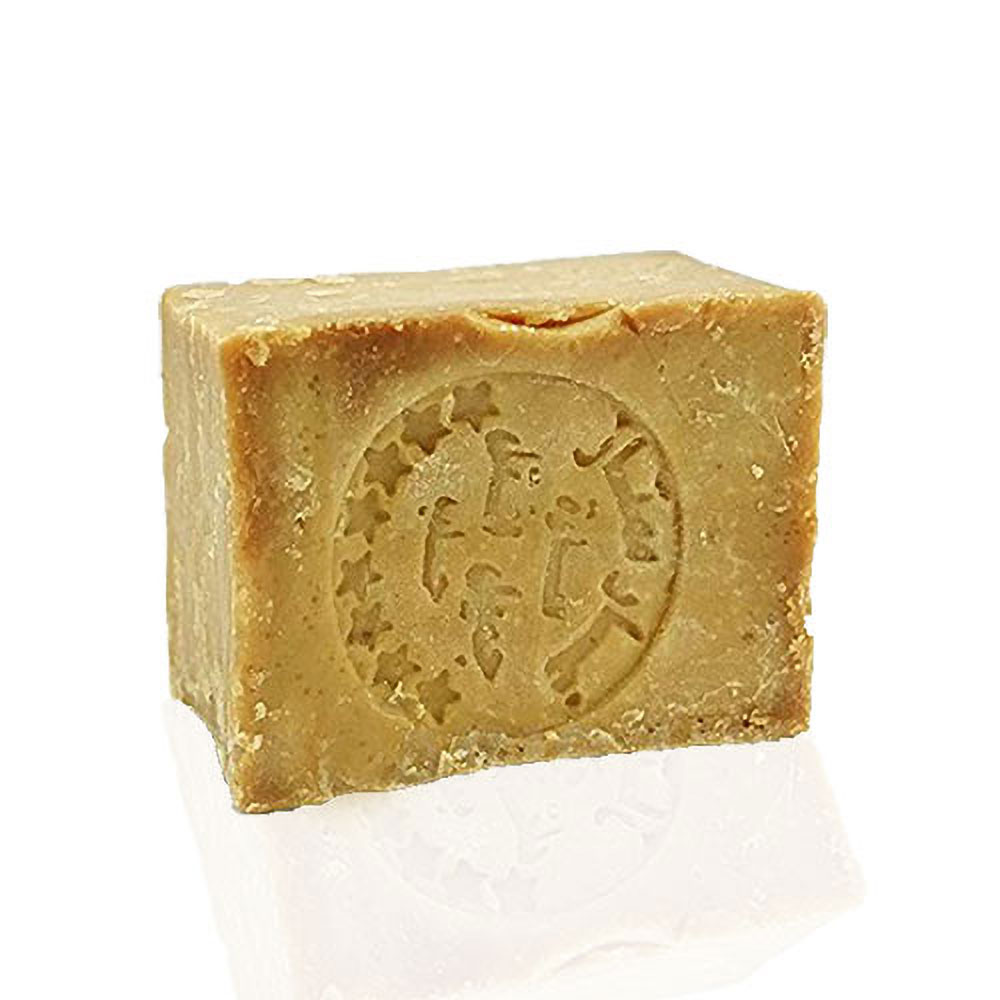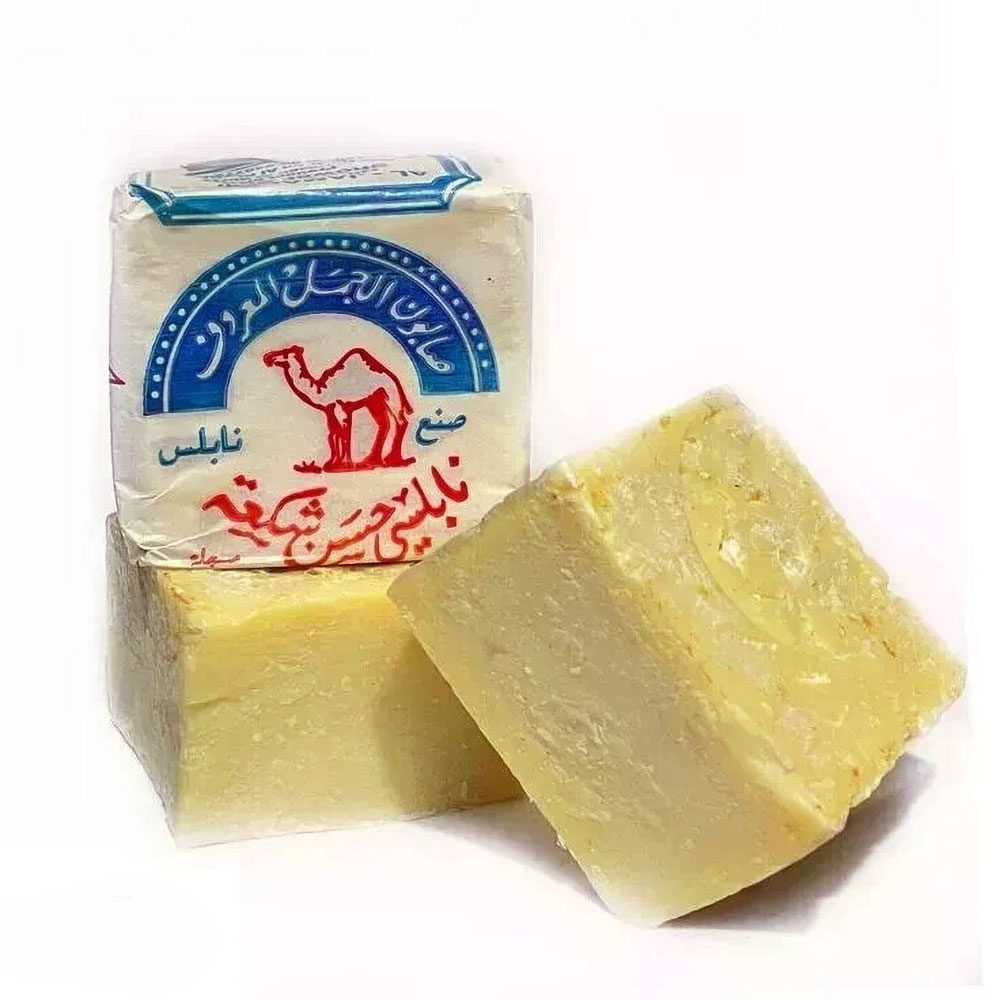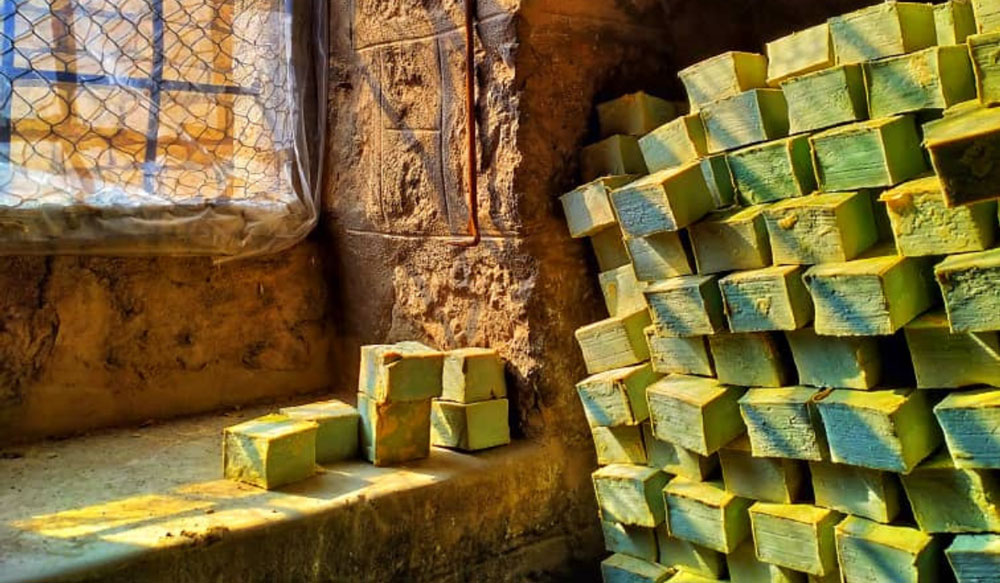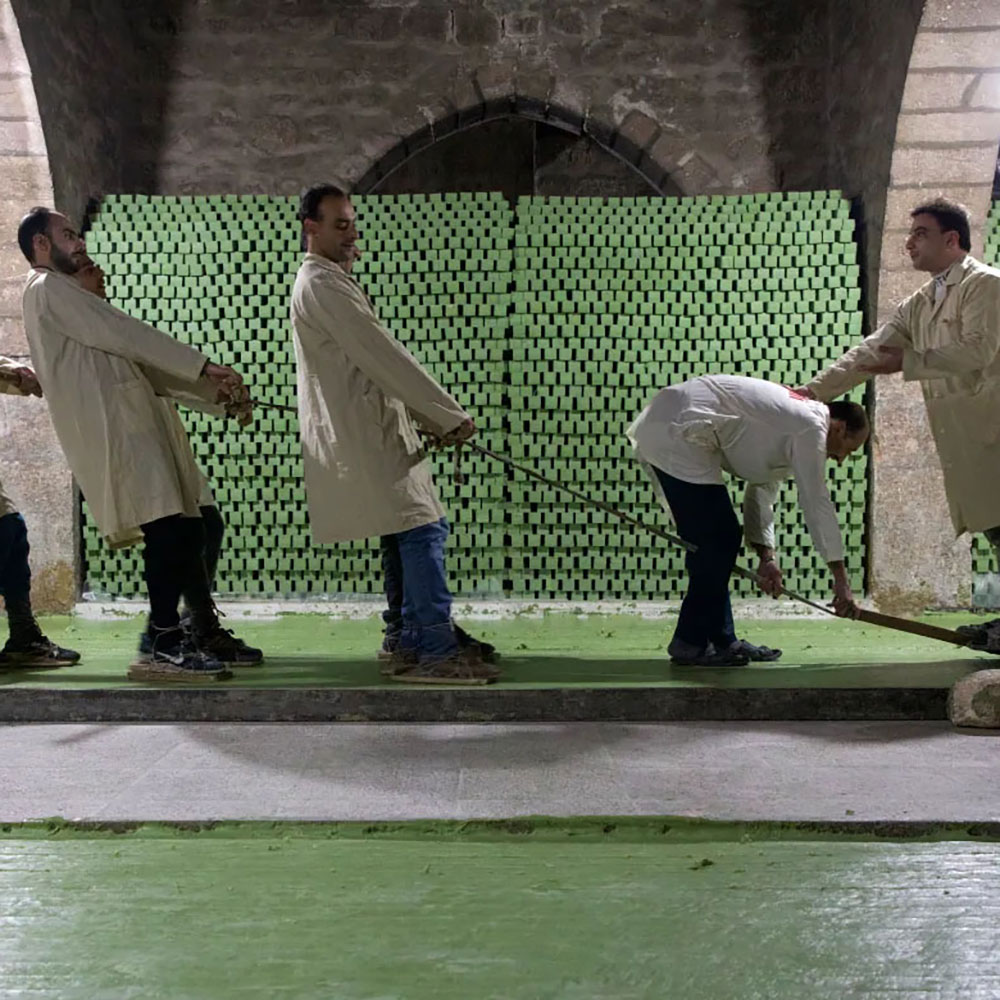
Aleppo Soap vs Nablus Soap? When it comes to traditional handmade soaps, two names stand out: Aleppo soap from Syria and Nablus soap from the West Bank. Both are steeped in history, crafted from natural ingredients, and loved by generations around the world. But if you’re wondering which one is best for your skin, it helps to understand what makes each unique.
The Heritage Behind Each Soap
Aleppo soap is often called the “mother of all soaps.” Originating in Syria more than 2,000 years ago, it’s one of the earliest known hard soaps. Its recipe combines olive oil and laurel oil, two ingredients that balance nourishment with antibacterial properties.
Nablus soap, on the other hand, dates back to the 10th century in Palestine. It’s made exclusively with pure olive oil, mixed with water and natural soda. The simplicity of its ingredients makes it especially gentle, earning it a reputation as one of the mildest soaps in the world.
Both soaps are still produced by skilled artisans today, using methods handed down through generations. Choosing either is not just a skincare decision — it’s also a way to connect with centuries of tradition.

Ingredients and Formulation
The biggest difference between Aleppo and Nablus soap is their formulation:
Aleppo soap: Olive oil base + laurel oil (2–40% depending on the bar).
Nablus soap: 100% olive oil with no added oils.
This subtle difference changes the feel, scent, and effect on the skin. Aleppo soap often has a herbal, slightly medicinal aroma from the laurel oil, while Nablus soap carries a mild, creamy scent from olive oil alone.
Which Skin Types Benefit Most?
Both soaps are excellent natural choices, but some skin types may respond better to one or the other.
For sensitive or dry skin: Nablus soap is the gentler option, thanks to its pure olive oil formula. It hydrates deeply and is unlikely to cause irritation.
For oily or acne-prone skin: Aleppo soap may be better. Laurel oil has antibacterial and antifungal properties that help reduce breakouts and soothe skin inflammation.
For eczema or psoriasis: Both can be helpful, but Aleppo soap with a lower laurel oil percentage (5–10%) often provides relief without being too strong.
Appearance and Authenticity
If you’re trying to tell the difference visually, there are a few giveaways:
Aleppo soap: Brown exterior, green core, cube or rectangular shape, often stamped with Arabic script.
Nablus soap: Pure white or cream-coloured cube, stamped with an artisan’s seal.
These markings aren’t just decorative — they’re signs of authenticity. With so many imitations on the market, always look for these traditional details when buying.
Eco-Friendly and Sustainable Choices
Another thing both soaps share is their sustainability. Handmade using natural ingredients, both are biodegradable, plastic-free, and long-lasting. Choosing Aleppo or Nablus soap over commercial liquid soaps reduces waste while supporting small-scale artisans who keep these ancient traditions alive.
Which Should You Choose?
Ultimately, the decision between Aleppo and Nablus soap comes down to your skin’s needs and personal preferences:
Choose Aleppo soap if… you want a multipurpose bar with antibacterial qualities, or if you’re managing oily or acne-prone skin.
Choose Nablus soap if… you prefer the mildest, most nourishing soap possible, ideal for sensitive skin or babies.
Both are excellent all-rounders that outperform commercial soaps in purity, gentleness, and sustainability. Many people even keep both on hand — one for everyday gentle cleansing, and one for when their skin needs extra support.
Where to Buy Authentic Aleppo and Nablus Soap in the UK
Whether you lean towards Aleppo soap or Nablus soap, authenticity matters. At Soapness.co.uk, we source genuine handmade soaps directly from Syria and Palestine, ensuring you get the real benefits of these ancient skincare traditions.

